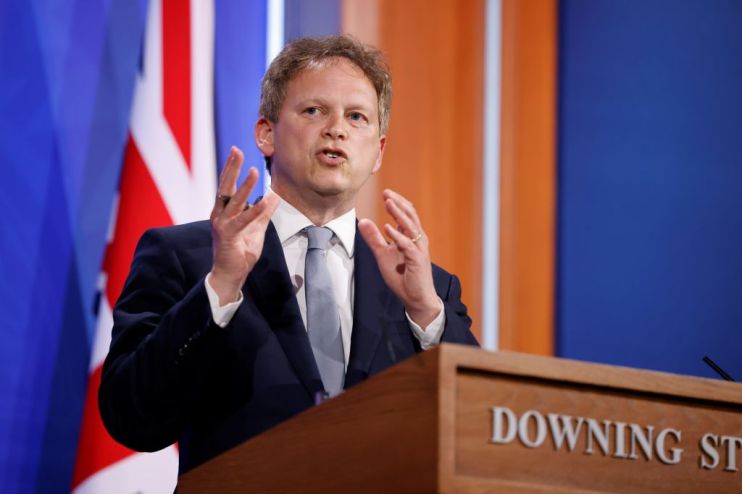BEIS break-up: New department will help government combat energy crisis, argue experts

The break-up of BEIS and the emergence of a new department focused on energy and the transition to net zero carbon could improve government decision making and enable more decisions to be made, suggested industry experts.
Reflecting a positive industry response to Downing Street’s latest reshuffle, trade body Energy UK argued a dedicated energy department was vital because of the scale of the challenge in reducing energy bills customers and transitioning to a low carbon economy powered by domestic supplies.
Chief executive, Emma Pinchbeck felt the move reflected the “pivotal importance of energy for every home and every business in the country.
She said: “While this focused new department is welcome, its significance depends on whether we now see the urgent progress we are calling for, right now, to help with the ongoing energy crisis and to make sure the UK maintains its market position as a leader in net zero investment and infrastructure.
Adam Bell, head of policy at Stonehaven and former head of energy at BEIS, suggested that a specific Department for Energy Security and Net Zero should lead to improved decision-making.
Bell believed the former department was too big and required a secretary of state with an unrealistically wide knowledge base.
He explained: “BEIS is an absolutely vast department, and obliges its secretary of state to be as familiar with the details of bank holiday planning as it does with a black start – and the preference for civil servants, short of fundamental reform, will be to shove as many decisions upwards as possible.
“The result has not necessarily been less good decisions – although some have been stinkers – but fewer decisions overall. Splitting up the portfolio reduces bottlenecks.”

In his view, it was also important to design departments in line with political realities, with the Tories burning through five BEIS ministers in just the past three years.
“If we could guarantee that we would have a genius with existing business and energy expertise in charge of BEIS it would be optimal, but we should design for a random selection of minister changing every year. So a smaller portfolio is optimal,” Bell concluded.
Joe Tetlow, senior political advisor at environmental think tank Green Alliance, was pleased the UK’s net zero ambitions were now being specifically represented on the government’s front bench – but that any real progress towards the UK’s climate ambitions depended on strong financial support and co-operation across departments.
He said: “It’s great to see net zero elevated to cabinet level representation. A combined net zero and energy security department should raise the chances of boosting green energy generation and creating new jobs. We hope Grant Shapps will get the proper backing from Treasury and powers to coordinate work across government.”
As part of his first cabinet reshuffle, Prime Minister Rishi Sunak has revamped multiple government departments including separating the business and energy divisions of BEIS – one of Downing Street’s biggest cabinet roles.
Sunak argued the creation of a new Energy Security and Net Zero department will help “reduce people’s energy bills” and deliver cleaner, cheaper energy across the UK.
Grant Shapps, former BEIS Secretary, has been named as the new energy secretary, and has been tasked with securing the country’s long-term energy supply, bringing down bills, cutting emissions and halving inflation.
Activists and free-marketeers dismiss energy department reshuffle
There was interestingly, some agreement between activist environmentalist groups and free market think tanks, which both offered a more sceptical view of the reshuffle.
Andy Mayer, energy analyst for the Institute of Economic Affairs, believed that revamping the department would “do nothing to address the UK’s hostile environment for energy investment.”
He said: “Whether fossil fuels or low carbon the message today is to expect high and random taxes. Meanwhile, nothing has been done to reform the planning, permitting, and environmental regulations that turn two-year projects into ten-year slogs through bureaucracy and the courts.
Meanwhile, Greenpeace UK’s director of policy, Dr Doug Parr, also argued the reshuffle was pointless without policy changes – although he favoured a more interventionist approach to the climate and economy.
He said: “As climate disasters intensify, energy costs spiral and the world continue to sink under rising seas, without other fundamental reforms, re-establishing a Department for Energy will be as helpful as rearranging the deck chairs on the Titanic. It’s government policy and underinvestment that is holding back real action on the climate and energy crises, not the departments or ministers in place.”